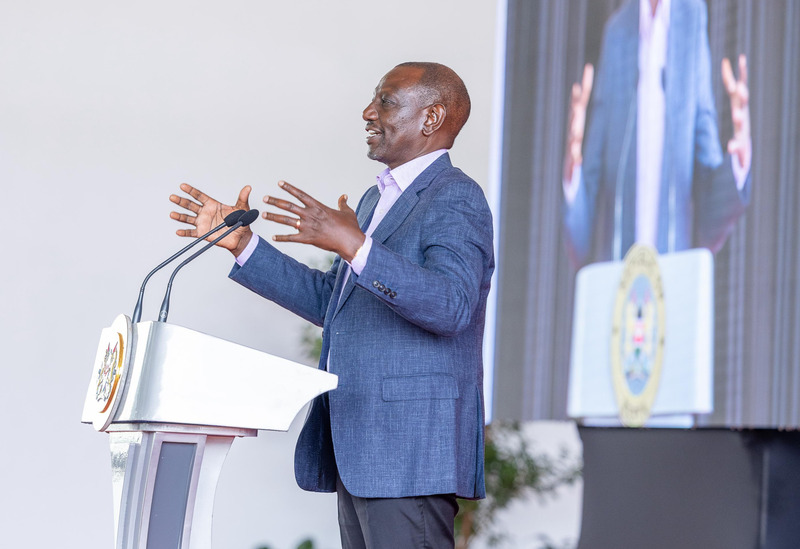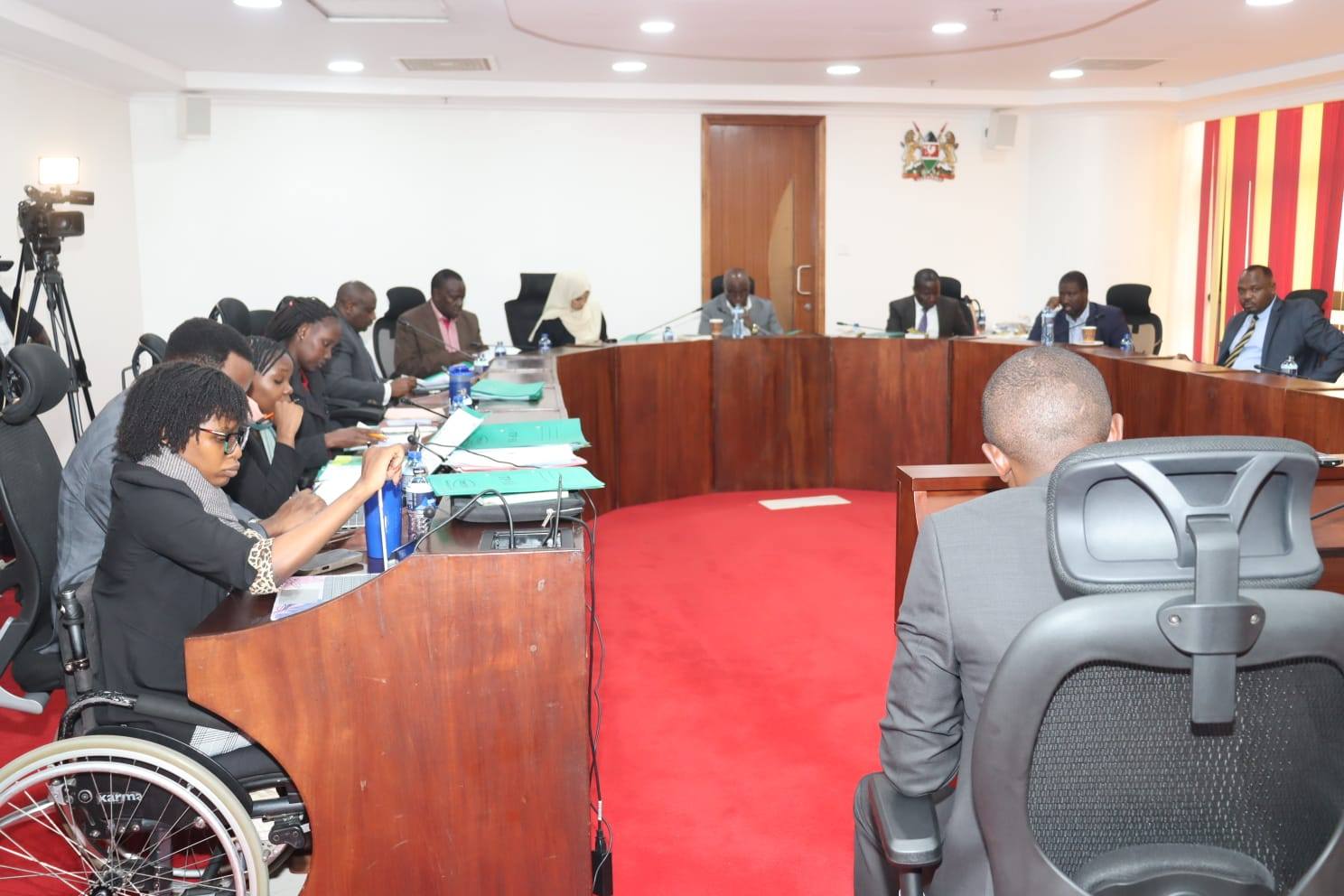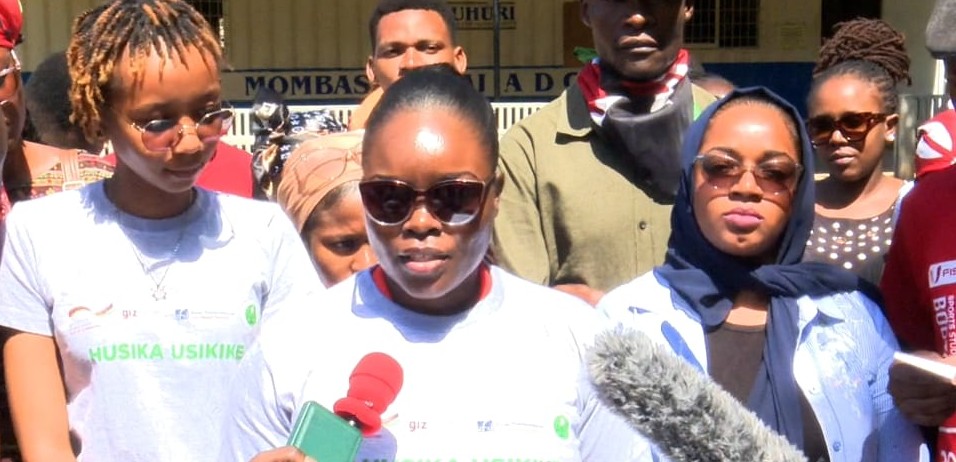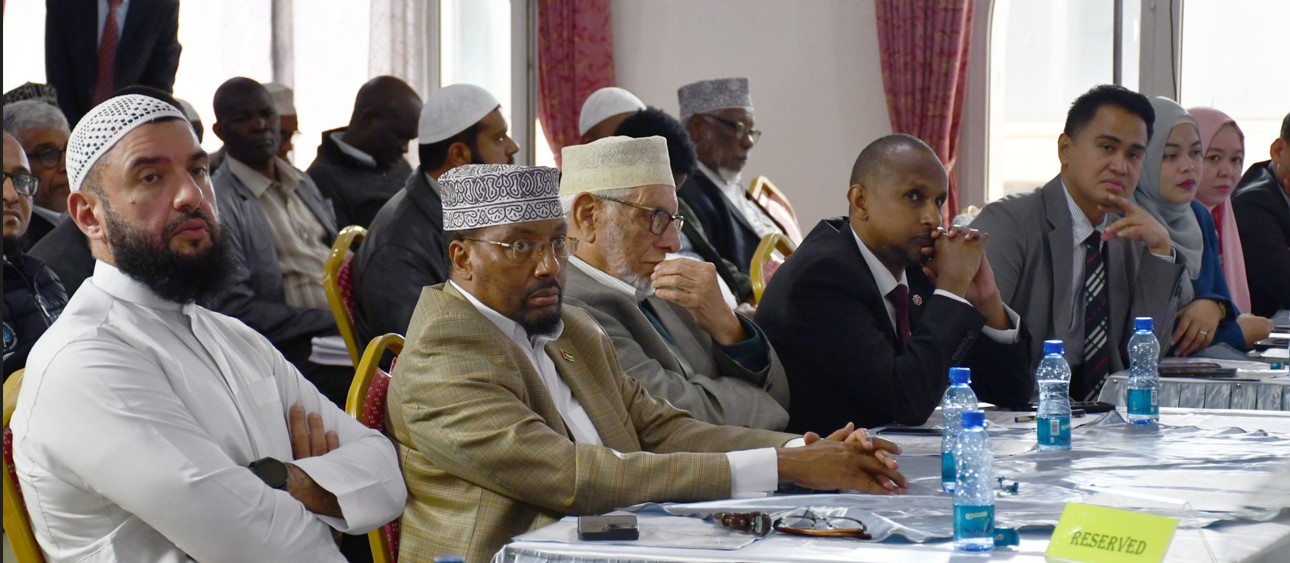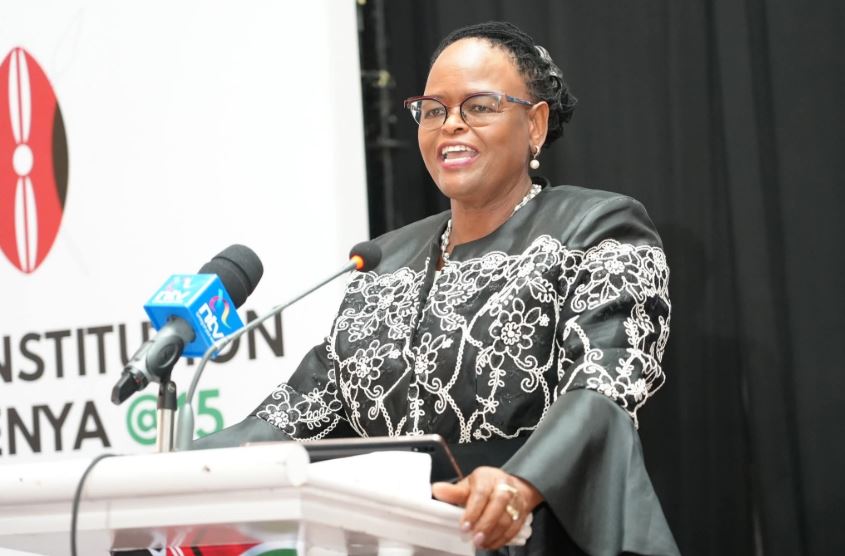KNEC gives Kenyans until 2027 to resit KCSE exams before end of 8-4-4 system

Secondary school candidates will sit the KCSE between November 3 and 21, 2025.
The Kenya National Examinations Council (KNEC) has opened the window for Kenyans who missed the Kenya Certificate of Secondary Education (KCSE) to register and sit for the exam before the 8-4-4 system is fully phased out in 2027.
The announcement comes as the third term for basic education officially began on Monday, August 25, 2025, running until October 24, 2025. At nine weeks, the term is the shortest in the school calendar but remains the most crucial, as it is when candidates across the country sit for their national assessments.
More To Read
- Education Ministry expands senior school curriculum, makes Mathematics compulsory subject
- KUCCPS opens applications for diploma upgrade in teacher training
- KNEC diverts rent savings to revive Mitihani House project whose construction started in 1986
- Senior school teachers to undergo mandatory CBC training from July 28
- Over 3,000 public schools face merger over low enrolment
- Sh540 million loss: Auditor General Nancy Gathungu exposes irregularities in book distribution
This year’s calendar includes the Kenya Primary School Education Assessment (KPSEA), Kenya Intermediate Level Education Assessment (KILEA), Kenya Junior School Education Assessment (KJSEA), and the Kenya Pre-vocational Level Education Assessment (KPLEA). Schools have been directed to adhere strictly to the timelines to ensure national consistency.
Two public holidays fall within the nine-week window, including Mazingira Day on October 10 and Mashujaa Day on October 20, giving learners two extended weekends ahead of examinations.
The KNEC examination schedule begins with KPSEA from October 27 to 30, followed by KILEA from October 27 to 31. The KJSEA and KPLEA assessments will run from October 27 to November 6. Secondary school candidates will sit the KCSE between November 3 and 21, 2025.
Learners will then break for the December holiday from October 27 until January 2, 2026, marking a 10-week end-of-year recess. In line with ministry guidelines, Term Three will remain restricted, with all non-essential activities and visits to secondary schools banned to ensure minimal disruptions during national examinations.
KNEC Chief Executive Officer David Njengere emphasised that 2027 marks the last opportunity for Kenyans to complete or repeat KCSE under the 8-4-4 system, introduced in 1985 and first examined in 1989.
“This is a critical moment. If you have unfinished business with KCSE, whether you started in 1989 or dropped out recently, you have two years to re-sit. After 2027, it will be extremely difficult,” Njengere said in an interview with the Nation.
He noted that candidates who never completed secondary education, dropped out after Class Eight, or wish to retake certain subjects can register in 2026 or 2027, after which the system will be retired.
KNEC is also awaiting a High Court ruling on the stalled plan for mid-year exams, which would have provided additional sittings in July.
The Ministry of Education had earlier announced mid-year KCSE exams to give repeaters and private candidates a second chance, but the initiative was suspended after Dr Magare Gikenyi petitioned the court, arguing the plan lacked public consultation and disadvantaged learners.
“If the case is resolved in our favour, candidates may get up to four sittings: July and November of 2026 and 2027. Let’s sort out these issues now. After 2027, it will be complicated, expensive and uncertain,” Njengere said.
Kenya National Union of Teachers (KNUT) First Vice National Chairman, Malel Langat, also reiterated Njegere’s call.
“We have thousands of Kenyans who did not complete their secondary education. We are reminding them to take advantage of the two-year window to register for KCSE before the full transition to CBE,” he said.
National Parents Association Chairman, Silas Obuhatsa, also urged the Ministry to create awareness and support dropouts to register.
“A KCSE certificate is a crucial document for employment and further education. No Kenyan should be left behind,” Obuhatsa said.
On exam preparedness, Njengere assured that Knec had introduced reforms to enhance credibility.
“Last year, we introduced personalised and perforated exam papers to improve security and anonymity during marking. Since 2023, examiners only see candidate numbers, not names, which eliminates bias,” he said.
He also confirmed the continuation of the double collection system, where morning and afternoon papers are picked separately to prevent early exposure.
“This approach has worked very well in the last two years. It ensures no one accesses the afternoon paper prematurely,” he said.
Over 900,000 candidates are expected to sit the KCSE this year. Njengere warned schools against cheating.
“Everyone will see the papers on the day they are administered. Any school caught engaging in malpractice will be swiftly apprehended and taken to court. Let the children prepare properly. Why jeopardise their future?” he warned.
He further reminded candidates that results would be cancelled in case of irregularities.
“Learn from those who came before you: if found guilty of cheating, your results will be cancelled. You will have to repeat the exams. These are global rules. We are members of both the African Association of Educational Assessment and the International Educational Assessments,” he said.
The phase-out of KCSE coincides with Kenya’s transition to Competency-Based Education (CBE), which has now reached Junior School. The pioneer cohort is in Grade 9 and will sit the KJSEA this November to transition to Senior School in 2026.
Reflecting on the 8-4-4 journey, Njengere noted that concerns about its effectiveness emerged as early as 1990. Kenyatta University Vice Chancellor Prof Paul Wainaina led the first formal evaluation, followed by further assessments in 1992 and 1995 that confirmed shortcomings in the system.
“So, by 1995, it was clear that our education system was not heading in the right direction,” Njengere said.
In 1998, the then Education Minister Kalonzo Musyoka commissioned the late Prof Davy Koech to lead the first major inquiry into Kenya’s education system.
“We have never had another commission of inquiry in the education sector since then,” Njengere noted, underlining the significance of that moment in shaping reforms.
The final KCSE will be administered in 2027, closing a 39-year chapter as Kenya fully transitions to the CBE model.
Top Stories Today
